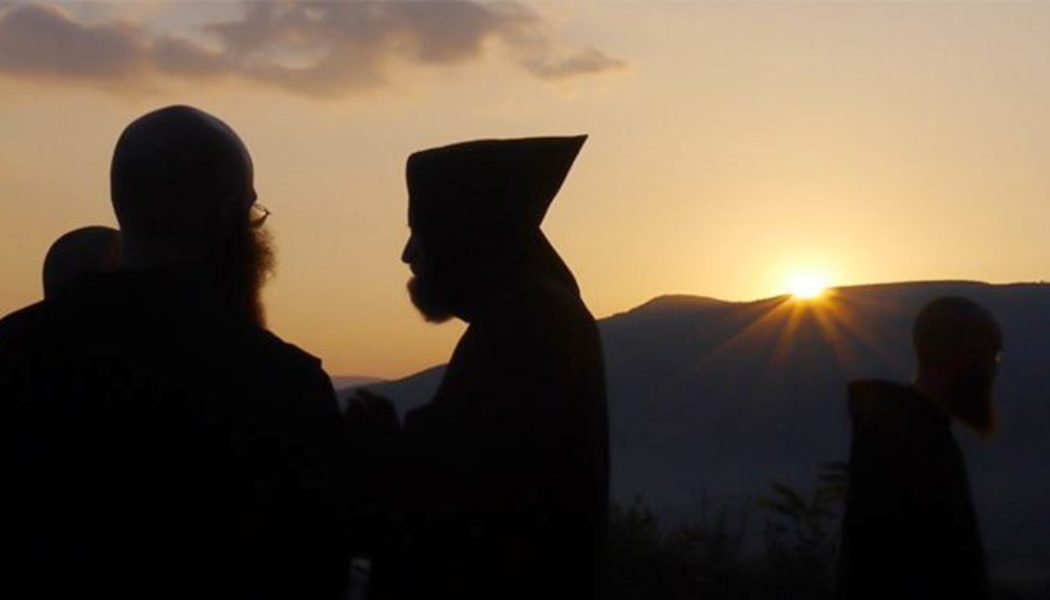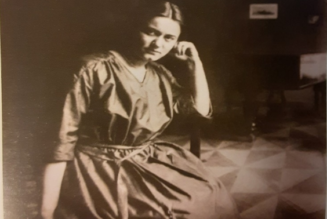
The summer is now fully upon us. It is the time when many are traveling on vacation and taking part in “leisure” activities. Yet, as many of us have discovered, it can be just as hectic as the rest of the year—perhaps more so. How many times have we returned from a vacation only to exclaim, “I need a vacation!”
This isn’t to say that vacation time is bad. It’s just to say that if it is truly to be leisurely, it has to be done in a certain way.
Pope Benedict XVI explained in a 2007 Angelus address what should be our goal: “Every good Christian knows that vacations are an opportune time to stretch one’s body and to nourish the spirit in more ample spaces of prayer and meditation, to grow in one’s personal relationship with Christ, and to conform more and more to his teachings.”
Do we think that way? Or is our vacation and time off simply time to do what we feel like doing? An opportunity for simply following our passions instead of the One who endured the Passion? Do we think about leisure in the way that the great philosopher Josef Pieper thought about it? Not merely as “not working” but as truly engaging reality and the Source of reality? Do we think about the peak leisure experience as worship of God?
I confess I don’t always do so. That may be why I’m one who has said, “I need a vacation!” immediately after a vacation. Given that St. Benedict’s feast day is coming up on July 11, I’m trying to cultivate a Benedictine spirit this summer.
What is a Benedictine spirit? Many people assume that the essence of saints has to do with the external aspects of their lives. Benedict and his spiritual offspring are often noted for their brown monastic robes, their beautiful monastic churches, their work in education, their anchoring of medieval towns and providing space for commerce, and their preservation of the learning of the past.
Some take those details and assume that Benedict and the Benedictines had some sort of plan to “save civilization” or even “build civilization.” But that’s not actually true. Like the spirit of every great saint, it is simply a Christian one.
Pope Benedict XVI discussed that spirit as motivated by something “more basic” than “to create a culture or preserve a culture from the past.” Instead: “Their goal was: quaerere Deum. Amid the confusion of the times, in which nothing seemed permanent, they wanted to do the essential—to make an effort to find what was perennially valid and lasting, life itself. They were searching for God.”
To have a spirit that is searching for God at all times means that one is always going to be moving back and forth between a certain sort of desire and even frustration—for God is a hidden God—and also a sense of fulfillment, for God is present in all things. This is why St. John Henry Newman said that the Benedictines provided a “poetic” element to the Church. For the poet is always seeing and attempting to communicate the deepest realities that are constantly peeking out from behind the things of this world. One with a Benedictine spirit looks at the world not merely to figure it out or to figure out how to use it (even for good purposes), but to love, appreciate, and wonder at it.
How did the Benedictines themselves act to gain this spirit? The easiest way to explain it is through two phrases that they popularized. They are: ora et labora and opus dei. The first means “prayer and labor.” In contrast to some monastics in the Church, Benedict remembered that monks were still human beings even if they had a particular calling in the Church. We are not souls trapped in bodies. We are body-and-soul creatures who are called to till and keep the earth. Thus, he believed a truly ordered life would include particular times of focused prayer of a conscious and mental sort (ora) and also a good deal of labor (labora). True, Benedictines became known for their scholarship, so the labor could be of an intellectual sort. They didn’t intend to save civilization, but by their work of copying out ancient texts in the dark ages and beyond, they did do that. Their day also included a certain amount of reading. But there has always been an emphasis on some of that labor being more physical.
The second phrase helps us understand that this prayer and this work are not just two unrelated things, however. Opus dei means the work of God. Many people understand the use of this term as simply shorthand for the planned ora of monk: the Liturgy of the Hours that is traditionally spread out over seven periods of the day and night. But St. Benedict seems to have thought of the term more in the fashion that the modern religious movement Opus Dei thinks of the term. The work of God is not just organized, conscious prayer of a vocal or mental sort. The work of God is to offer our entire lives to Him as prayer. We are not able to—and really shouldn’t!—focus on God in the same way we do at Mass or Morning Prayer while we use a chainsaw or drive delivery vehicles. But by offering that work to God and operating in His strength, it too becomes an act of prayer. Ora and labora are part of one unified opus dei.
That integrated life is not always easy. But Benedictines understood what we all need to: we can seek God with confidence, for He seeks us first—and he peeks out from behind all our reality and encourages us to follow. When we do, whether we are at work or on vacation, we will find the world a poetic place. And the activity of work and play will also be strangely restful.
(This essay is reprinted with permission from The Catholic Servant.)
If you value the news and views Catholic World Report provides, please consider donating to support our efforts. Your contribution will help us continue to make CWR available to all readers worldwide for free, without a subscription. Thank you for your generosity!
Click here for more information on donating to CWR. Click here to sign up for our newsletter.








